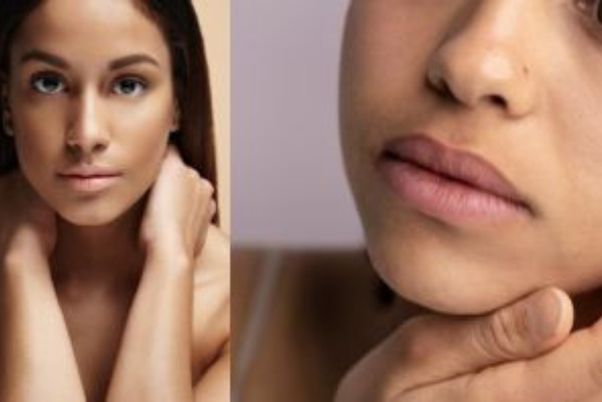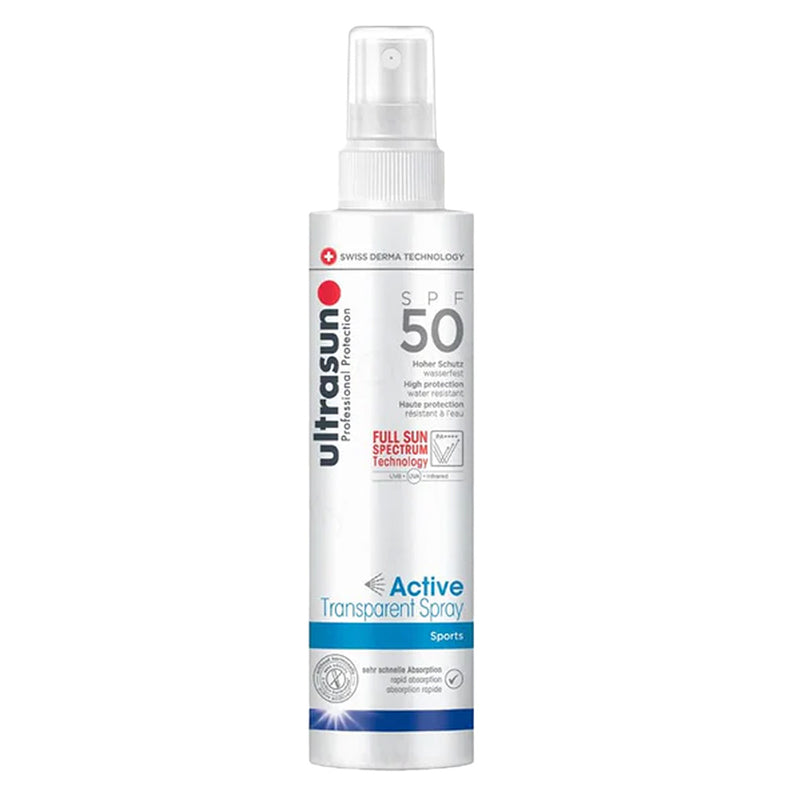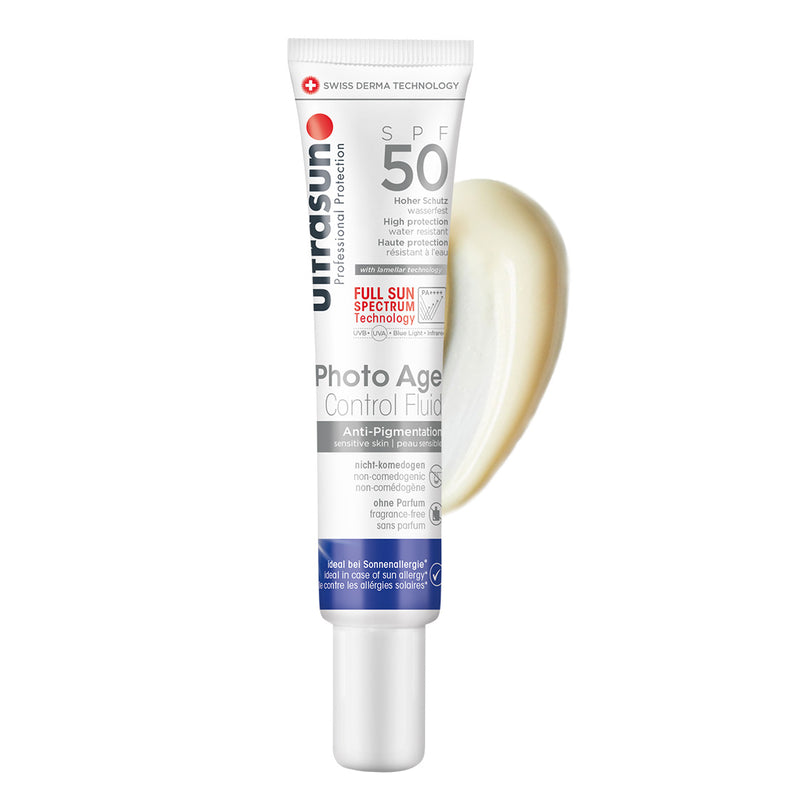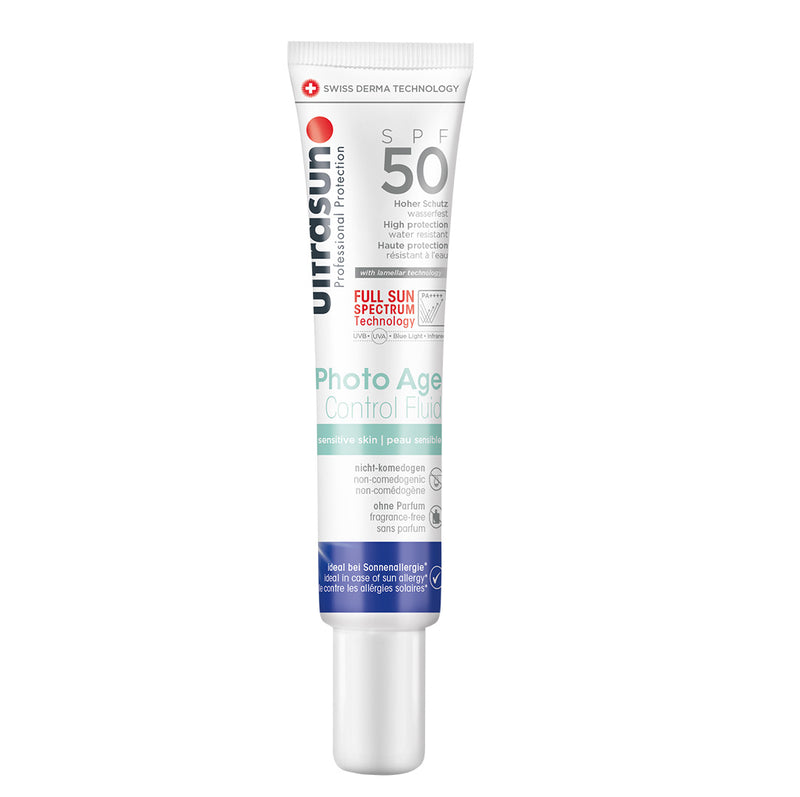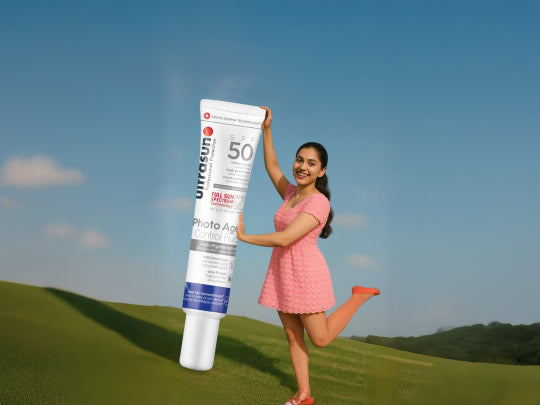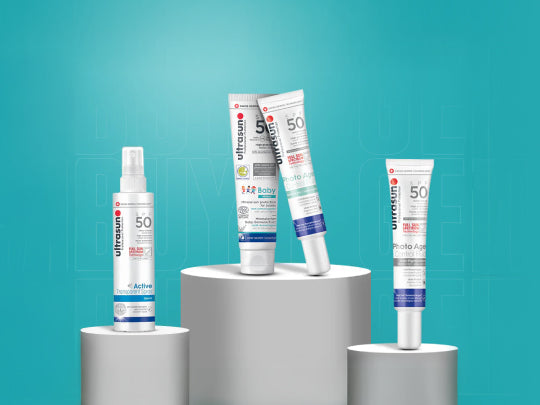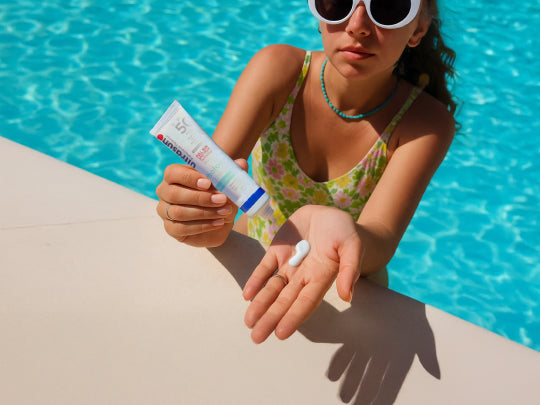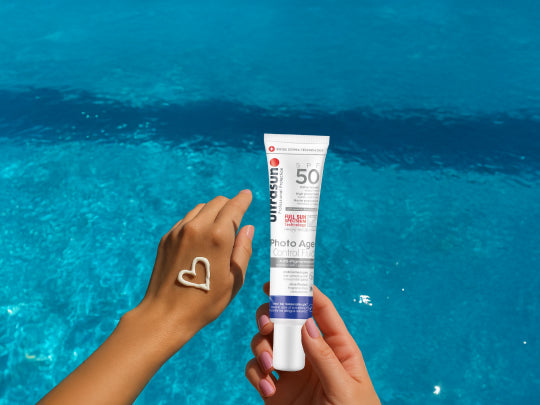In a world that celebrates diverse skin tones, it's essential to remember that beauty comes in all shades. However, if you're looking to reduce melanin in your skin for personal reasons or to address specific skin concerns, there are safe and effective methods to achieve a more even complexion. In this comprehensive guide, we'll explore various ways to reduce melanin production and maintain healthy, radiant skin.
What is the meaning of Melanin?
Melanin is a natural pigment present in our skin, hair, and eyes and is a marvel of nature. It defines our unique skin tones, ensuring protection against harmful UV radiation. However, for various reasons, some individuals seek ways to reduce melanin in their skin, aiming for a lighter complexion. Here you can explore how to safely and effectively reduce melanin in your skin. Whether you're looking for permanent solutions or natural methods, we've got you covered. First of all, see the factors which increase melanin production.

Factors Influencing Increase in Melanin Production
- Genetics: Our genetic makeup plays a pivotal role in determining our skin tone. Some individuals are genetically predisposed to produce more melanin, leading to darker skin, while others produce less, resulting in lighter tones. Understanding your genetic background is essential when considering melanin reduction methods.
- Sun Exposure: The sun's rays are both a blessing and a curse. While they provide us with essential vitamin D, prolonged sun exposure stimulates melanocytes to produce more melanin as a defence mechanism. Over time, this can result in hyperpigmentation and uneven skin tone.
- Hormonal Changes: Hormonal fluctuations, such as those during pregnancy or due to birth control pills, can influence melanin production. This is why some individuals experience skin darkening during pregnancy, a condition known as melasma.
- Diet and Nutrition: The adage "you are what you eat" holds for your skin as well. Your diet can significantly impact melanin production. Some foods, rich in antioxidants, can help reduce melanin production, while others may exacerbate pigmentation issues.
- Skin Care Products: The skincare products you use can influence melanin production. Some products contain ingredients that inhibit melanin production, helping to lighten the skin over time.
- Environmental Factors: Environmental elements like pollution and harsh weather conditions can impact melanin production. It's really important to shield your skin from these factors to keep your complexion nice and even.
Is there any way to permanently reduce melanin production?
The Simple answer is a big No, It is not currently possible to permanently reduce melanin production in the skin. You have several options, like treatments, home remedies, and other ways, to help decrease melanin production in your skin.
Effective Lifestyle Changes to Reduce Excess Melanin in Skin
1. Sun Protection
Sunscreen is your first line of defence in the battle against melanin. Opt for a broad-spectrum sunscreen with at least SPF 50 to shield your skin from the harmful effects of UV radiation.
Ultrasun sunscreens are the best sunscreens recommended by dermatologists and famous worldwide for their effectiveness. These sunscreens are 2 in 1 in function as they protect you from all harmful sun rays plus also treat skin concerns and make your skin radiant.
In addition to sunscreen, consider wearing protective clothing, such as wide-brimmed hats and long sleeves, when spending extended periods in the sun. These precautions can make a significant difference.
2. Healthy Diet
Add some antioxidant foods to your meals, such as berries, leafy greens, and nuts. These powerhouses combat free radicals and support skin health, ultimately contributing to a more even complexion.
Many people think that they can reduce melanin permanently by eating and it’s not true. Antioxidant-rich foods can only help to reduce or control your melanin production.
3. Hydration
Staying hydrated is a simple yet vital step in maintaining healthy skin. Proper hydration helps flush out toxins and keeps your skin looking radiant.
4. Stress Management
High-stress levels can trigger hormonal changes that affect melanin production. Practice stress-reduction techniques like meditation or yoga to keep your hormones in check.
5. Hormone Balance
If you think hormonal imbalances are playing a role in melanin production then it’s good to talk to a healthcare professional. They can help you look into different treatment choices.
6. Sleep Quality
Adequate sleep is crucial for overall skin health. Try to get 7-9 hours of good sleep each night to help your skin rejuvenate.
Natural Remedies to reduce melanin production
A) Lemon Juice
Lemon juice contains Vitamin C and natural bleaching properties that can help lighten dark spots and even out skin tone. Its citric acid acts as a gentle exfoliant, promoting a fresher complexion.
B) Aloe Vera
Aloe vera soothes the skin and can reduce hyperpigmentation when used consistently. It's a natural moisturizer that aids in skin rejuvenation.
C) Turmeric
Turmeric boasts anti-inflammatory properties and can be used as a paste to lighten the skin gradually. Its active compound, curcumin, is known for its skin-brightening effects.
D) Yoghurt
Yoghurt contains lactic acid, which can exfoliate the skin and reduce pigmentation. It also offers a cooling effect, making it ideal for sensitive skin.
E) Papaya
Papaya enzymes can help shed dead skin cells and promote a brighter complexion. This tropical fruit is a rich source of vitamins A, C, and E, which support skin health.
F) Cucumber
Cucumber slices can be applied to the skin to cool and soothe, reducing the appearance of dark circles and puffiness around the eyes. They also have mild skin-lightening properties.
Reduce Melanin using Topical Skin Care Products
1. Vitamin C Serums
Vitamin C is renowned for its brightening effects on the skin. It helps by stopping melanin production and making dark spots look less noticeable. Incorporate a vitamin C serum into your skincare routine for the best results.
You can use one of the best Skyntox Vitamin C Serum for glowing skin because it’s 100% result-oriented and also detoxifies the skin. All the ingredients used in these products don't have any harmful chemicals in them.
2. Niacinamide
Niacinamide, also known as vitamin B3, regulates melanin production and supports the skin's barrier function. This versatile ingredient can be found in various skincare products, making it easy to include in your regimen.
Professional Treatments to reduce melanin in your skin
Chemical Peels
A chemical peel means putting a special solution on your skin to peel away its top layers and make it look better. This process reduces melanin production and reveals a lighter complexion. Professional guidance is crucial for safe and effective results.
Microdermabrasion
Microdermabrasion is a non-invasive procedure that uses a machine to exfoliate the skin, improving its texture and reducing pigmentation. Regular sessions can lead to noticeable improvements.
Laser Therapy
Laser treatments target melanin-rich areas, breaking down excess pigment and stimulating collagen production. These procedures are performed by dermatologists and should be customized to your specific needs.
Cryotherapy
Cryotherapy involves freezing and removing pigmented skin cells, leading to a lighter complexion over time. Like other professional treatments, it should be administered by trained experts.
Realistic Expectations in the Melanin Reduction Process
Embracing Natural Skin Tones
While your melanin reduction journey is underway, remember that your natural skin tone is beautiful and unique. Embrace it and focus on achieving not just lighter skin, but healthier and more radiant skin.
Avoiding Overuse of Products
Overusing products or treatments can lead to unintended side effects. Be patient and avoid rushing the process. Consistency is key to skincare results, but moderation is equally important.
Maintenance and Long-Term Strategies for Reducing Melanin
1. Consistency is Key
No matter which way you go consistency is important. Results take time, so maintain a regular skincare routine and adhere to professional treatment schedules for the best outcomes.
2. Regular Check-Ins with Dermatologist
Consult with a dermatologist before embarking on any melanin reduction journey. They can provide personalized advice based on your skin type, concerns, and goals. Periodic check-ins are also crucial to monitor your progress.
3. Minimal Sun Exposure
Use the best sunscreen lotion, cream & spray and protect your skin from the sun, even after achieving your desired results. Sun exposure can trigger melanin production, potentially reversing your progress.
4. Mindful Product Selection
Pick skincare products that match your skin type and skin concerns. Overuse of harsh products can lead to irritation and worsen pigmentation issues. A dermatologist can recommend the best products for your specific needs.
Safety Precautions and Side Effects when using Melanin Reduction process
Patch Testing
Before using any new product or undergoing professional treatments, perform a patch test on a small area of your skin to ensure you don't have an adverse reaction. This precaution can prevent potential complications.
Professional Guidance
For professional treatments, follow your dermatologist's recommendations closely. They will guide post-treatment care and help minimize side effects.
Sun Sensitivity
Some treatments may make your skin more sensitive to the sun. Take extra precautions by applying sunscreen and wearing protective clothing when exposed to UV radiation.
Allergic Reactions
Be vigilant for any signs of allergies or irritation when using new skincare products. Discontinue use immediately if you experience adverse reactions and consult a dermatologist for guidance.
Conclusion
In your pursuit of reduced melanin, remember that your skin journey is a personal one. It's about enhancing your natural beauty, boosting your confidence, and achieving healthier skin. Embrace the steps you take, celebrate the progress you make, and always prioritise the health and well-being of your skin. Your radiant complexion awaits—begin your journey today.
Reference:
https://www.sciencedaily.com/releases/2023/08/230811115439.htm
Read More
- Best Sunscreen For Dry Skin In India Recommended by Dermatologist
- Best Sunscreen for oily skin in India recommended by dermatologist
- Ingredients in Sunscreen to Avoid and Why
- Can Sunscreen Cause Acne? Answered By Dermatologist

